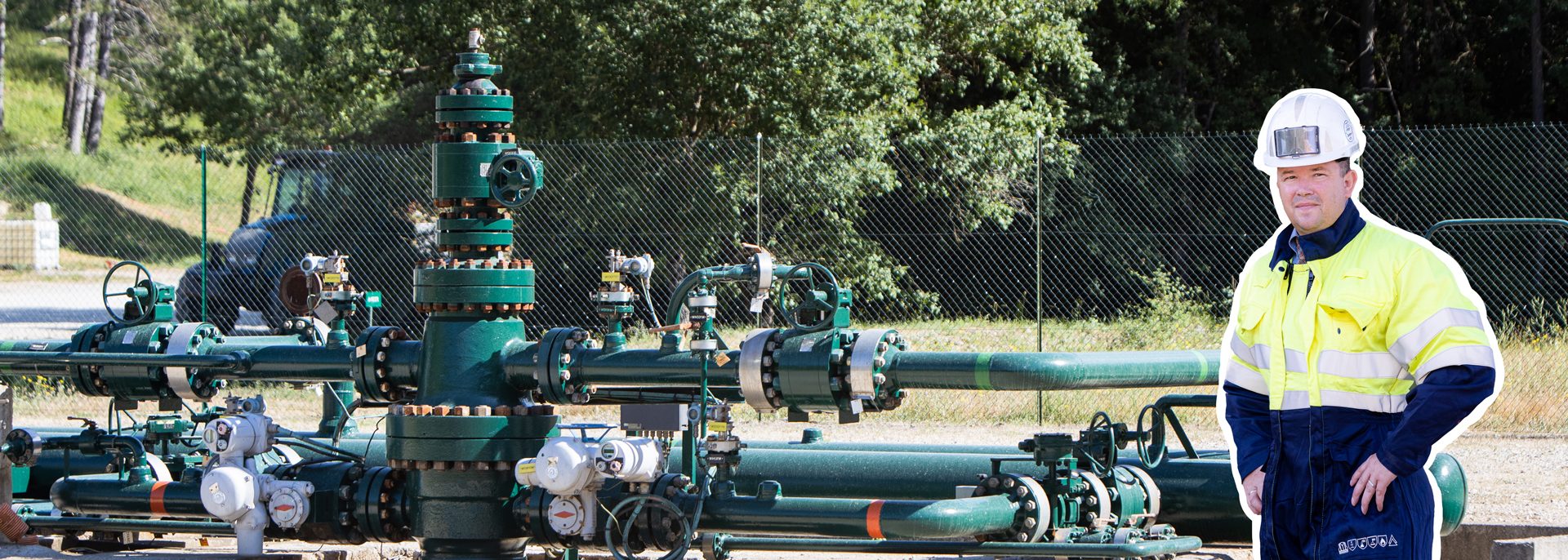
In this interview, Thomas introduces us to his profession and shares his unique career journey, which led him from the military field to the technical supervision of pipelines.
Yes, of course. I am the Head of the Pipeline Service at the Geosel storage site, near Manosque. This service deals with the maintenance and integrity of the site’s 400 km of pipelines. My role is to ensure constant monitoring to guarantee the optimal functioning of these facilities and their compliance with regulations, whether environmental or safety-related. In short, I make sure that the pipelines are operational 24 hours a day.
They are very varied. Pertaining to construction, they require technical knowledge of pipelines. This also necessitates knowledge of current regulations, such as land regulations, as these structures cross French territory. We also work with municipalities, as the geographic location of our pipelines impacts local urban planning. It’s also important to understand that these pipelines are connected to a vast network, extending over hundreds of kilometers. Our pipes are linked to the port area of Fos-sur-Mer and supply a number of industrial sites in the South Region, as well as strategic complexes. Consequently, we have many interlocutors and partners from various backgrounds. Moreover, my duties involve frequent exchanges with state services since I am one of the preferred contacts of the DREAL (Regional Directorate for Environment, Development, and Housing), our supervisory body.
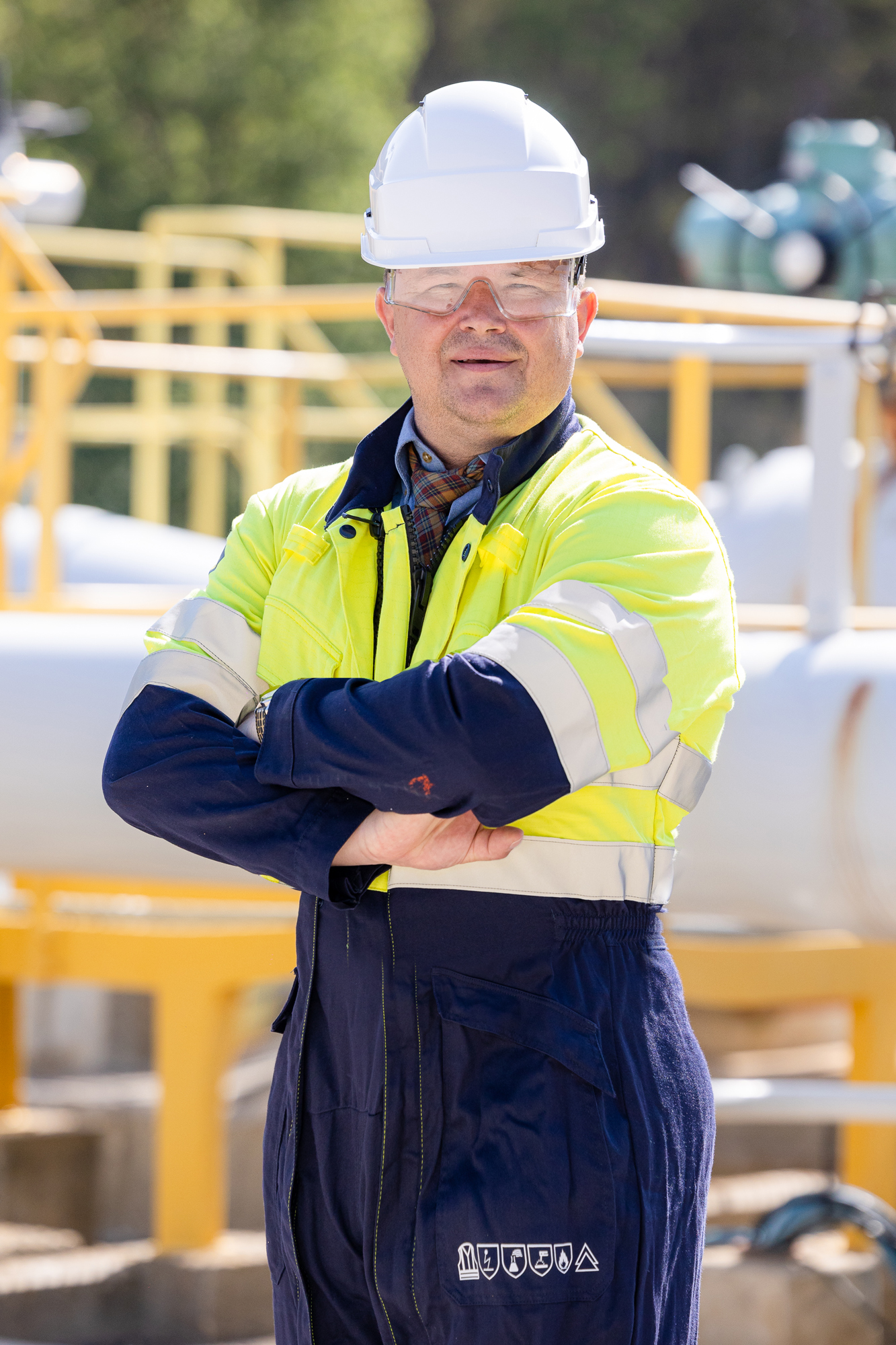
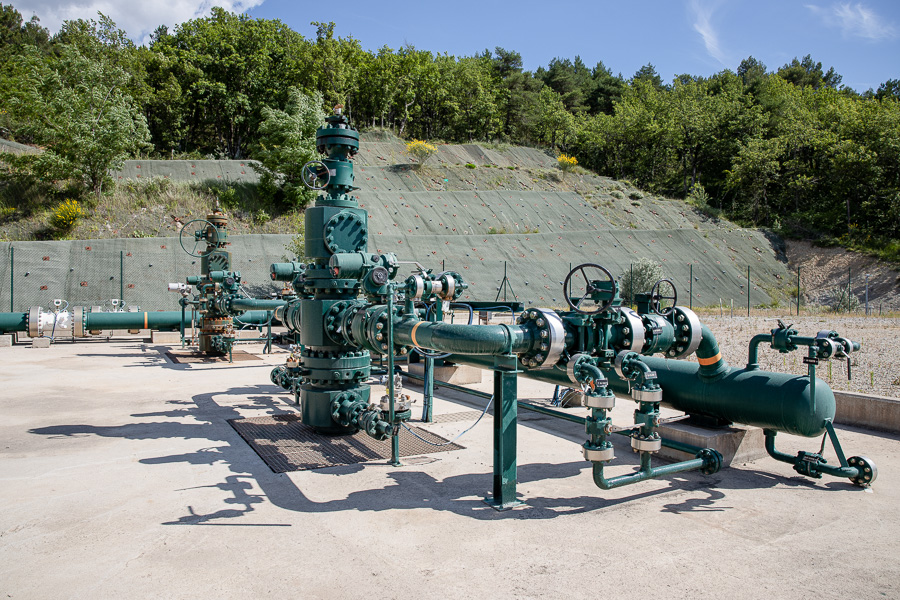
Surface facilities, Géosel
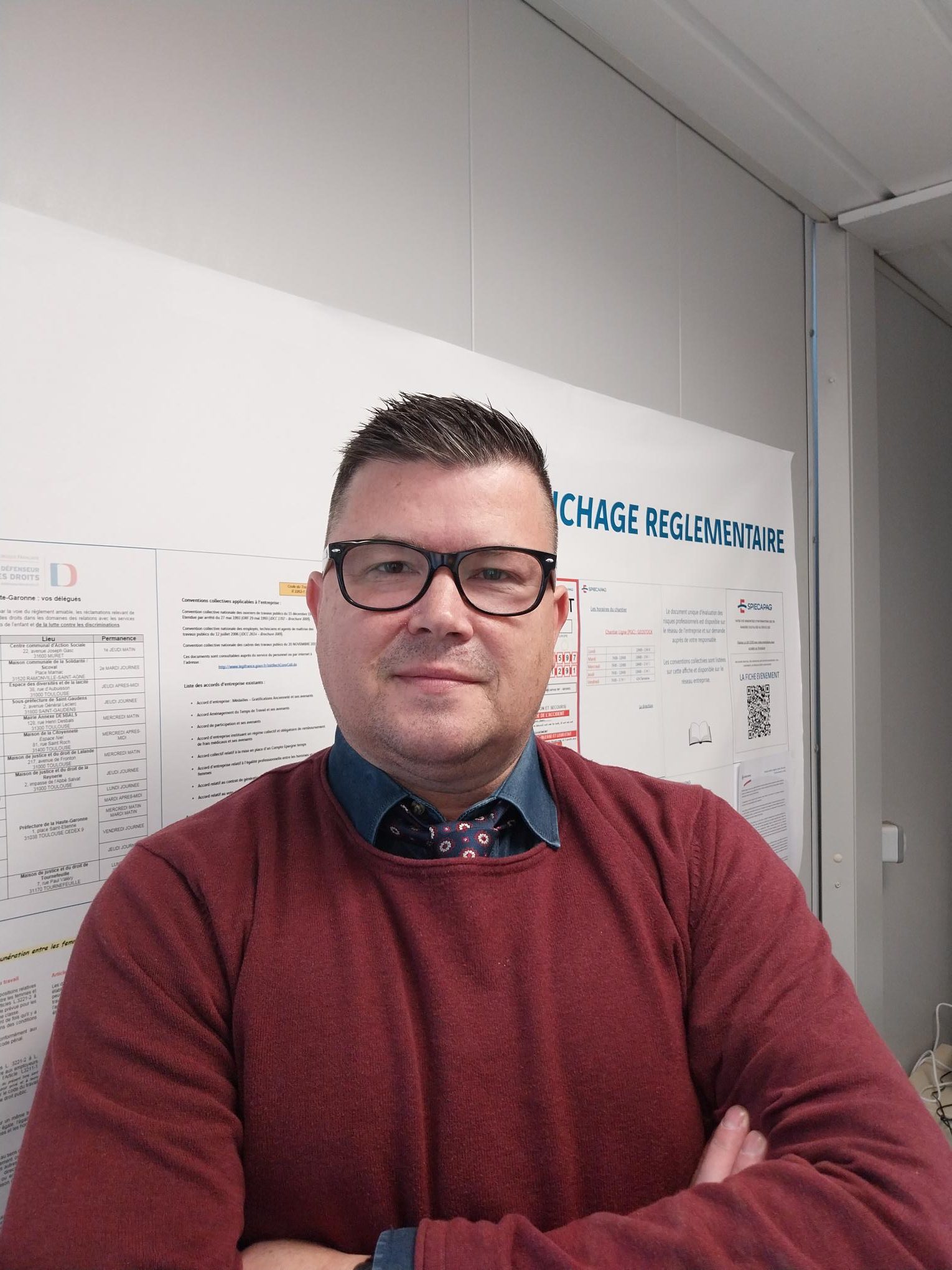
My career path is indeed quite atypical. I initially spent about ten years in the French Army as a non-commissioned officer. Then my life changed, I settled down, had children, and transitioned to civilian life. The army had trained me in team management and handling complex situations, skills that would serve me later. I joined Geostock in 2002. I started in General Services. Initially, I sorted mail, changed light bulbs, and handled rather administrative tasks. Gradually, I became interested in the more technical aspects of energy storage and transportation.
My superiors believed in me and allowed me to pursue additional training, quite a few, to strengthen my technical background. I wasn’t starting from scratch; I had technical studies before joining the Army. Geostock enabled me to complete my training, leading to an engineering degree in 2017. It required a lot of determination. But I was very motivated to take on this challenge and to progress within the company.
My progression within the company began in 2004, when I was offered to leave the headquarters in Rueil-Malmaison to join the Gargenville site, which was a 120,000 m³ propane storage facility, to handle the liaison between Geostock and its local client. I was given my chance, and it was up to me to seize it. In 2008, I left Gargenville for the Holford site, south of Manchester, England, to supervise leaching and maintenance operations. It was a site of eight saline cavities. After that, in 2012, I returned to France and joined Geostock’s branch in Aix-en-Provence. I took evening classes until I completed a Master 2 to finalize an engineering degree. The last step in my career came in 2022 when I was offered to take charge of the Pipeline Service at the Geosel site.
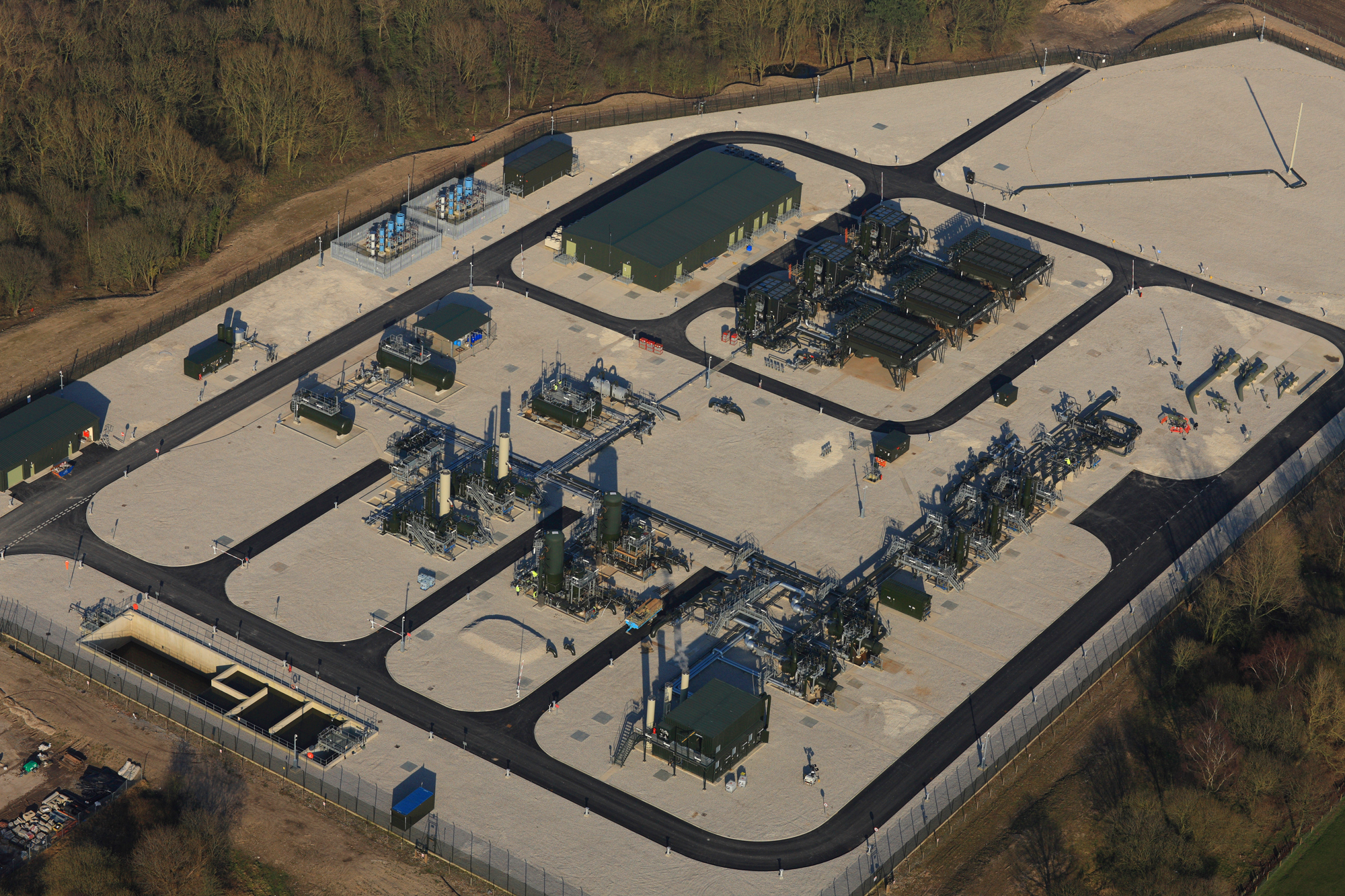
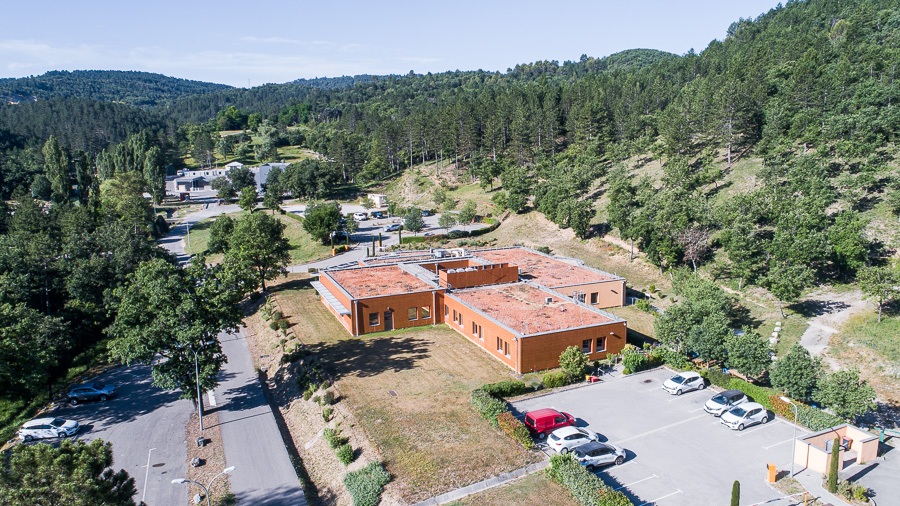
Entrance to the Géosel site in Manosque
In the morning, I check that all pipelines are in service and that there were no operational problems during the night. Then, I need to ensure daily that the activities of local actors near our sites, municipalities, individuals, and economic actors of all kinds, do not endanger our installations. Additionally, I carry out recurring missions of planning, organizing, verifying, and controlling all the maintenance scheduled for the day.
Finally, I have the mission, with my deputy, to manage two technicians as well as the many external companies we work with, whether for aquatic, aerial, cathodic surveillance, and many others.
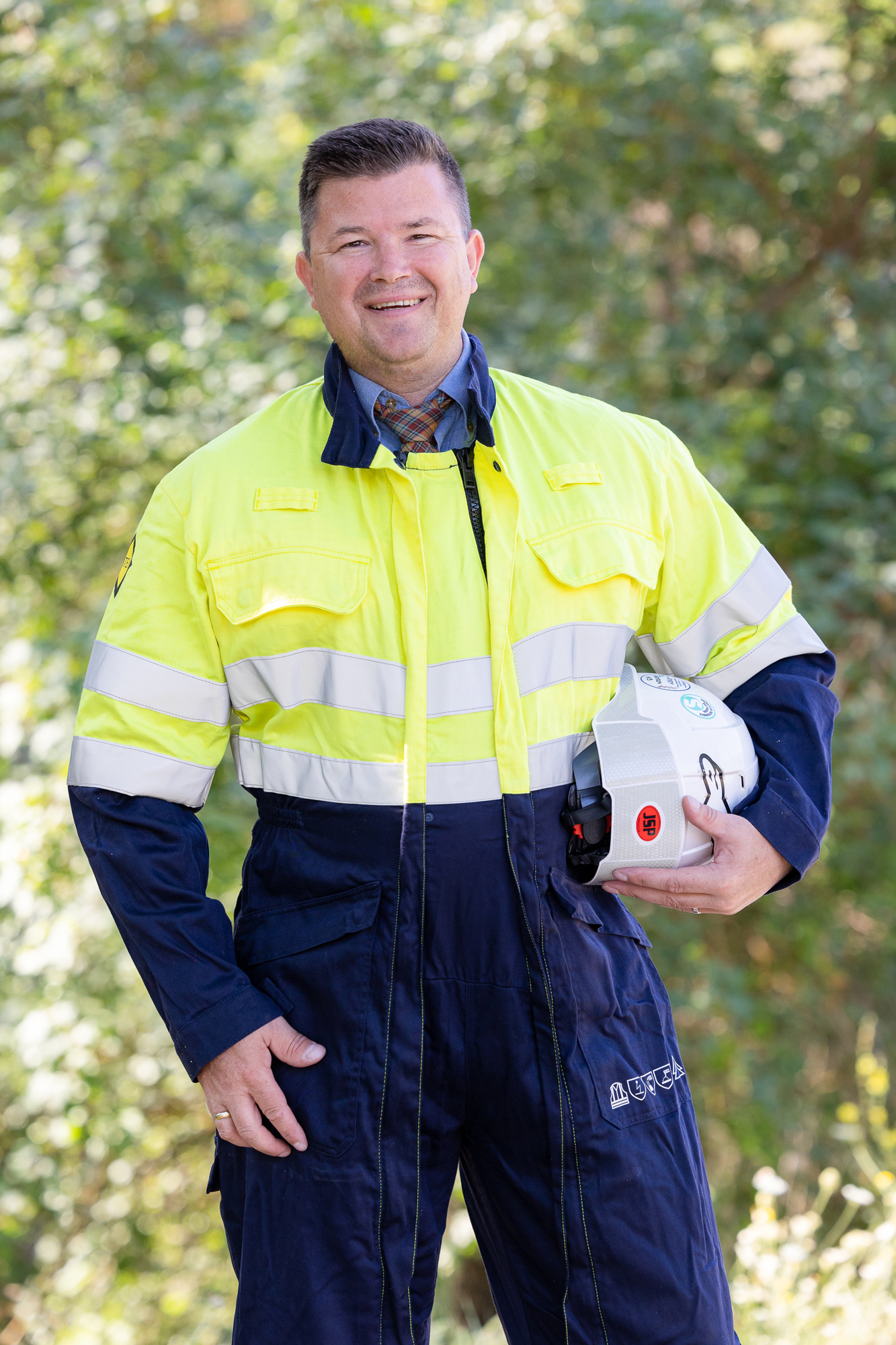
The challenges are numerous. The first is technical: maintaining the integrity of the pipelines is essential to ensure the smooth operation of the site, prevent breakdowns, and avoid the risk of accidents. There is also a communication challenge: we need to be able to explain the complexities of our work to stakeholders, including local communities. Finally, the analytical challenge: we need to understand and anticipate energy needs and the changes in the sector that can result from the international geopolitical situation, or from the evolution of society and societal issues, particularly in terms of sustainable development and the desire to decarbonize energies.
To be honest, no. Management is a search for balance between efficiency, trust, motivation, and well-being. I try to approach these aspects of my job in an open and participative style. I think it works quite well. It’s not military [laughs], although my past experience helps me maintain a collective spirit and mutual support. The more responsibilities you take on, the more you are in a role of advising and accompanying.
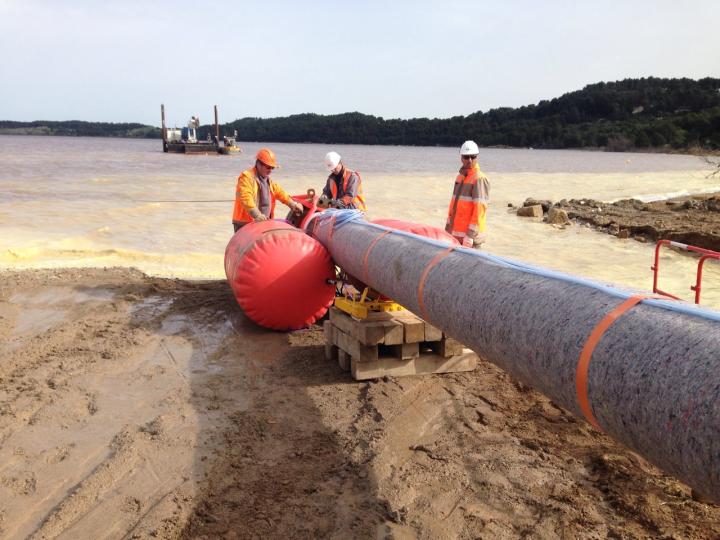
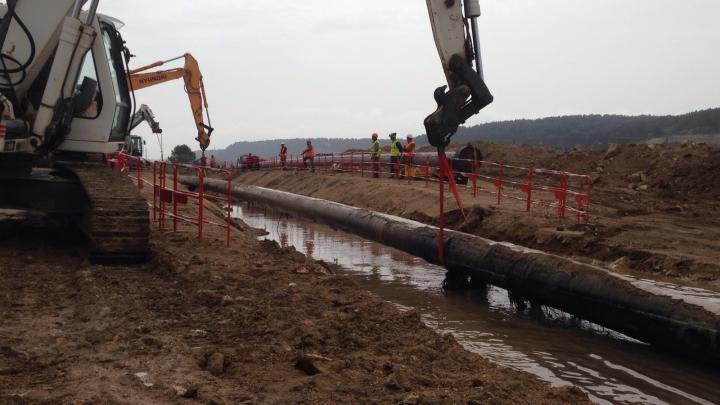
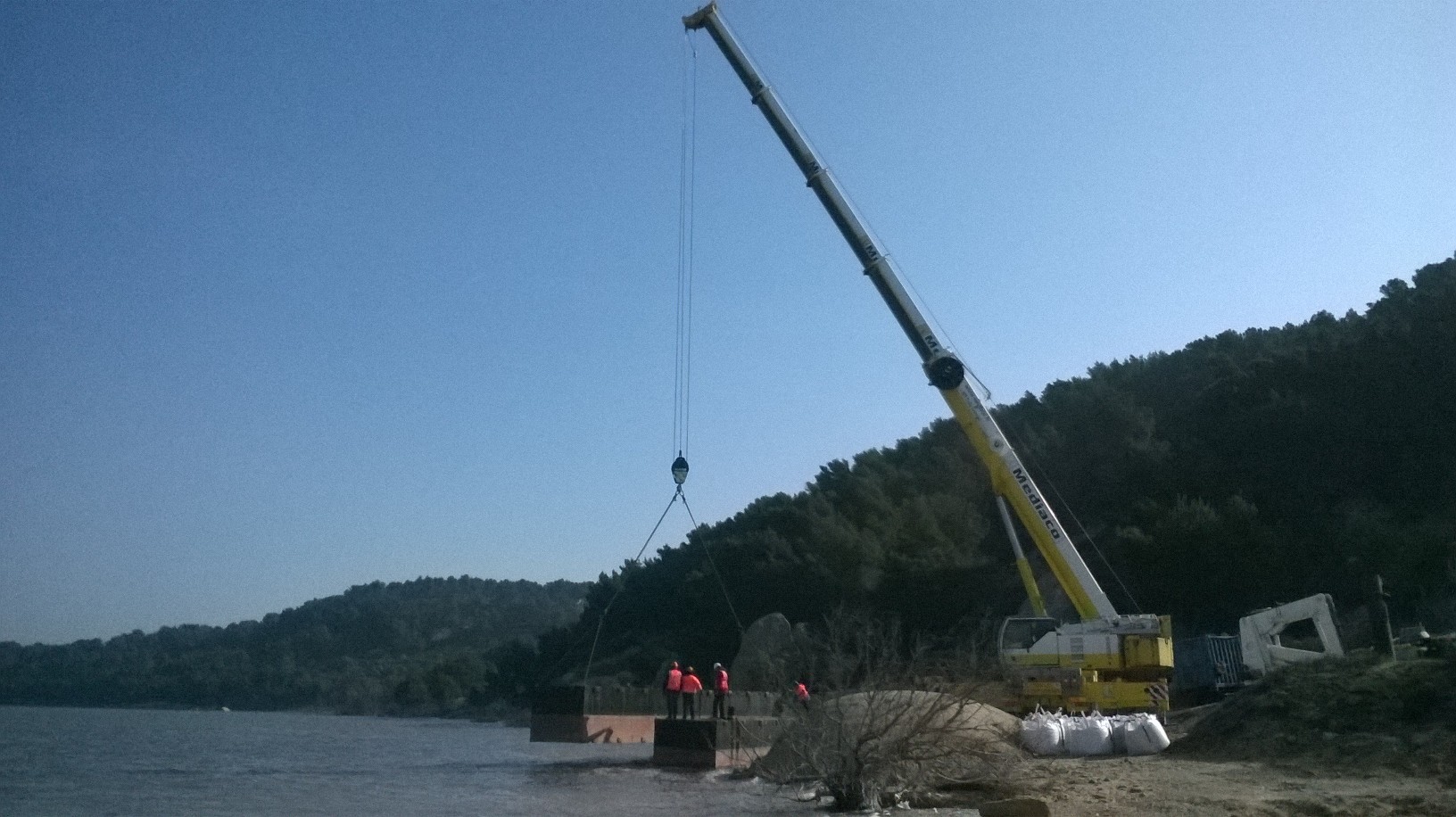
Various pipeline works in 2016
I would say, based on my experience, that it is essential to be passionate and curious. We are fortunate to work in the energy sector, which is constantly evolving. You have to be ready to learn continuously. This mindset has allowed me to move forward and push the boundaries that seemed to define my territory. Moreover, a good capacity to adapt and a team spirit are essential to succeed in this field.
The future of energy is exciting and full of challenges. With technological advances and the transition to cleaner energies, I think our sector will continue to evolve rapidly. Especially since technology is far from the only issue. It’s a sensitive sector that depends on the international geopolitical situation, the evolution of society, and societal issues, particularly in terms of sustainable development and energy transition. I hope to contribute to this evolution by ensuring the safety and efficiency of our infrastructures.
Thank you, Thomas, for this discussion.